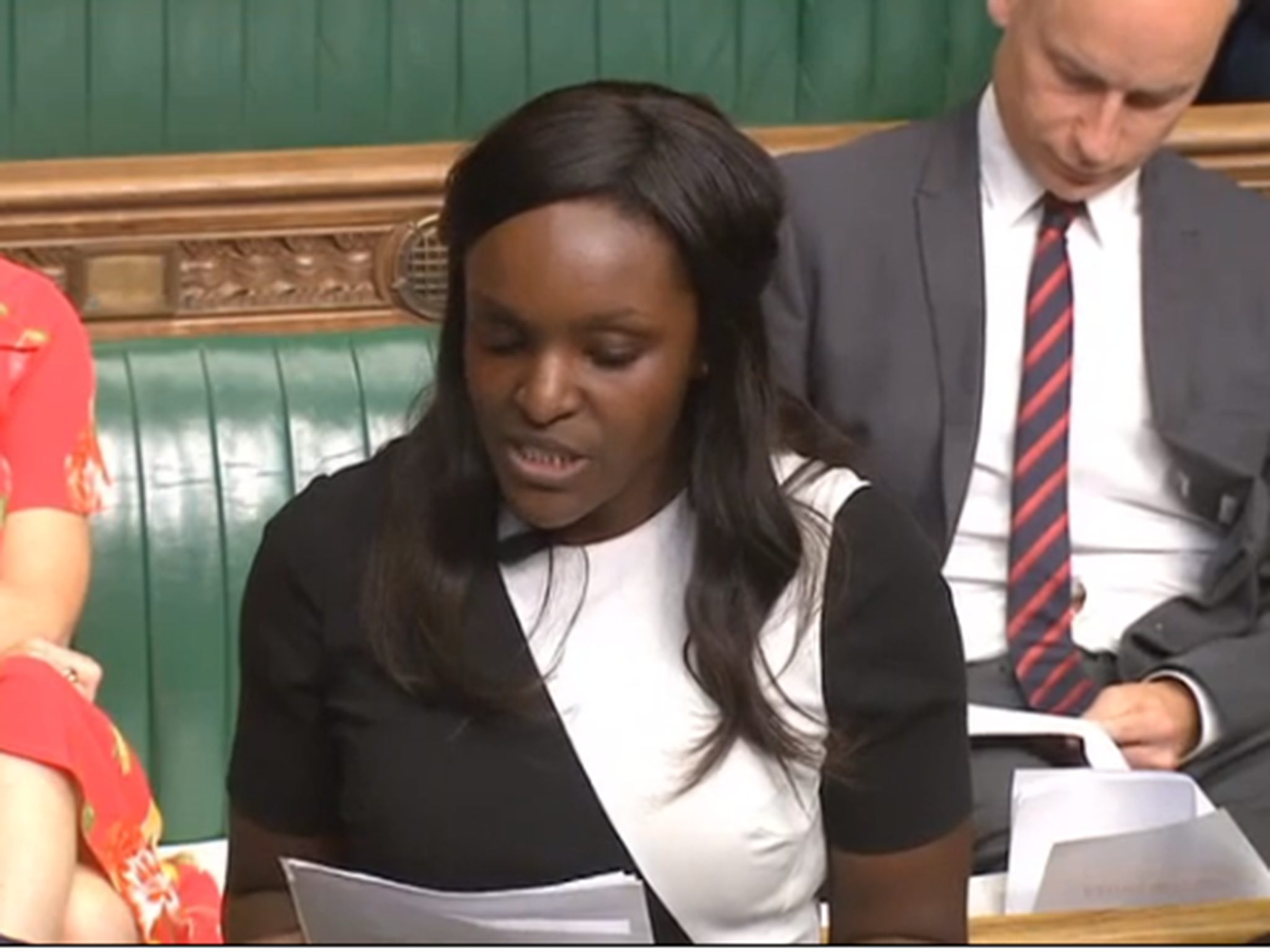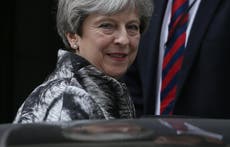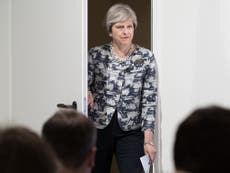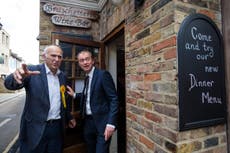From staunch trade unionists to working class Tories, meet Parliament’s new MPs
After every election, our chief political commentator reviews the debut speeches delivered by the new MPs and tries to identify the stars of the future


Reviewing the debut speeches made by MPs is not always a reliable way to identify future leaders, but it can tell us something. In 2005 I was struck by Ed Miliband’s first speech. In 2010, however, I was impressed by John Woodcock and Jonathan Reynolds – although there is still time for them, now that our leaders are getting older again. Two years ago I thought Angela Rayner’s first contribution to Hansard was impressive, and the Shadow Education Secretary is still on a rising trajectory.
Listening to people’s first speeches in the House of Commons – which are still called maiden speeches despite PC having gone mad for decades – also tells us a great deal about the quality of the new intake, about the sort of people who become MPs and about the issues they care about.
After the last three elections I thought the Conservative intakes were of better quality, generally, than the Labour ones. This time it feels more even. There are more self-important bores on the Conservative side and fewer dreary councillors and trade union time-servers on the Labour side. There are also several notable new MPs for other parties.
One of the conventions of maiden speeches that is no longer observed is that they should not be controversial. Several Labour MPs were fiery in their denunciation of Tory rule. Karen Lee, the former nurse and Labour MP for Lincoln, compared the effect of Tory “austerity” on local health and education services to Henry VIII’s “looting” of Lincoln cathedral in 1538. She ended by hoping “that by the end of this Parliament, however long it lasts, the indignity and suffering endured by those who have to use one of Lincoln’s many food banks is just a bad memory, not a fact of daily life”.
Laura Pidcock, for Durham North-West, raged against the Palace of Westminster – “it reeks of the establishment and of power” – and was frustrated at having to “sit opposite those people who tell me that things are better, and that suffering has lessened for my constituents”.
She was one of many on both sides of the House who made education their priority. Bim Afolami, the new Conservative MP for Hitchin and Harpenden, gave a smooth, rather Blairite speech saying he believed education “to be at the heart of everything”. If he can overcome the huge disadvantage of having gone to Eton, he could be worth watching.
One of the best speakers on education was Layla Moran, new Liberal Democrat MP for Oxford West and Abingdon, and already her party’s spokesperson on the subject: “I am here because I have a burning passion: that every child, no matter their background, should have a fair chance of making the best of this world.”
Housing was another important theme. Fiona Onasanya, the new Labour MP for Peterborough, said it was the first issue she wanted to tackle in Parliament, but that she had “never in my darkest nightmares” expected it to be “so starkly illustrated as it was by the Grenfell Tower fire. It still seems incredible that such a disaster could happen in one of the richest parts of one of the richest cities in one of the richest countries in the world.”
One of the most powerful speeches on behalf of the downtrodden was not from a Labour MP but a Scottish Nationalist, David Linden, Glasgow East: “Today, sadly, we live in a society in which the middle class are told blame the working class, the working class are told to blame the benefit claimants, and the benefit claimants are told to blame the asylum seekers and refugees. After that, there is no one left to blame. It is only then that the most vulnerable in our society are left isolated, often with no community support.” His speech was unusual also, in that, while other MPs quoted poets, Nelson Mandela or trade union mottos (two Labour MPs, Hugh Gaffney, Coatbridge, and Stephanie Peacock, Barnsley East, quoted the same one, “The past we inherit, the future we build”), he quoted the Old Testament: “Act justly, walk humbly and love mercy.”
Several of the new Scottish Conservatives were interesting. Paul Masterton (East Renfrewshire), who joined the party only two years ago to resist the SNP landslide, quoted Teddy Taylor, the originator of working-class “tenement Toryism”, by saying: “I am here to represent the people who, as he put it, ‘don’t all live in big hooses’.”
Stephen Kerr (Stirling) delivered a grander Tory defence of liberty, family and civility. He observed the convention of praising the previous MP, a Scottish Nationalist elected two years ago: “I take this opportunity to pay tribute to my predecessor, Steven Paterson. His tenure was short, and I make no apology for that.”
A lot of the speeches were formulaic, but with enough touches of wit and affecting life stories to interrupt the tedium of sloganising. There were three that I found particularly thoughtful. Emma Little Pengelly, the new DUP MP for Belfast South, spoke of her great grandfather who fought at the Somme and what she thought he was fighting for: “Our democracy is one with the right to all beliefs and views, and the right to have none at all. I believe that that is the very thing that makes us great.”
Darren Jones, the Labour MP for Bristol North-West who unexpectedly defeated Tory Charlotte Leslie, made an eloquent plea for doing things differently: “The politics of holding on to power for power’s sake, or political positioning to win internal ideological battles, must stop. We are all here to do what is right for the country.” He should have won a prize for mixing his metaphors – “we are merely shepherds of the nation, standing on the shoulders of giants...” – but his was a heartfelt summons to Leavers and Remainers to work together in the national interest.
Julia Dockerill, the new Conservative MP for Hornchurch and Upminster, told a story in her speech about what people expect of politics and how dangerous it is when trust is eroded: “Our parliamentary democracy is a precious and delicate gift, the sum of the toil, sacrifice, disagreements and compromises that generations before us have made.”
I don’t know if making people think is a good sign of future promise, but those three speeches made me think.
It is hard to generalise, and I haven’t heard all 84 new MPs (some of them haven’t spoken yet), but I thought the standard was high. There were few natural orators (the only ones I saw who spoke without notes were Lee Rowley and Eddie Hughes, both Tories). There seemed to be more MPs than at previous elections who were “born and raised in my constituency”, often from humble origins.
If my sample tells us anything about the Class of 2017, it is that the big issues of the future do not include Brexit, which was usually mentioned only in passing, in contrast to the 2010 intake, whose Tories were notably Eurosceptic in their first words. If these speeches are a guide, the coming generation cares about education, housing and social justice. Quite promising, really.




Join our commenting forum
Join thought-provoking conversations, follow other Independent readers and see their replies